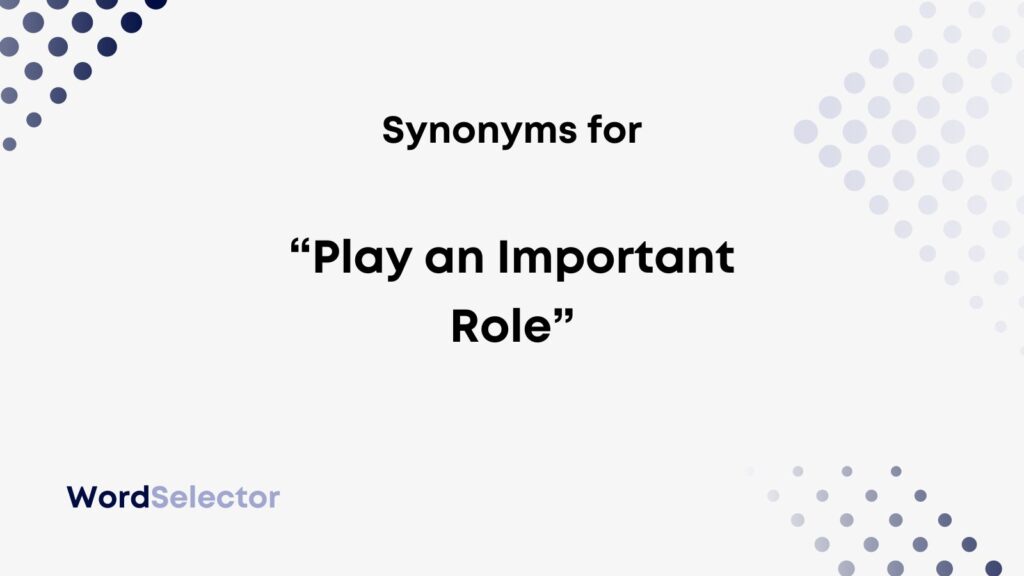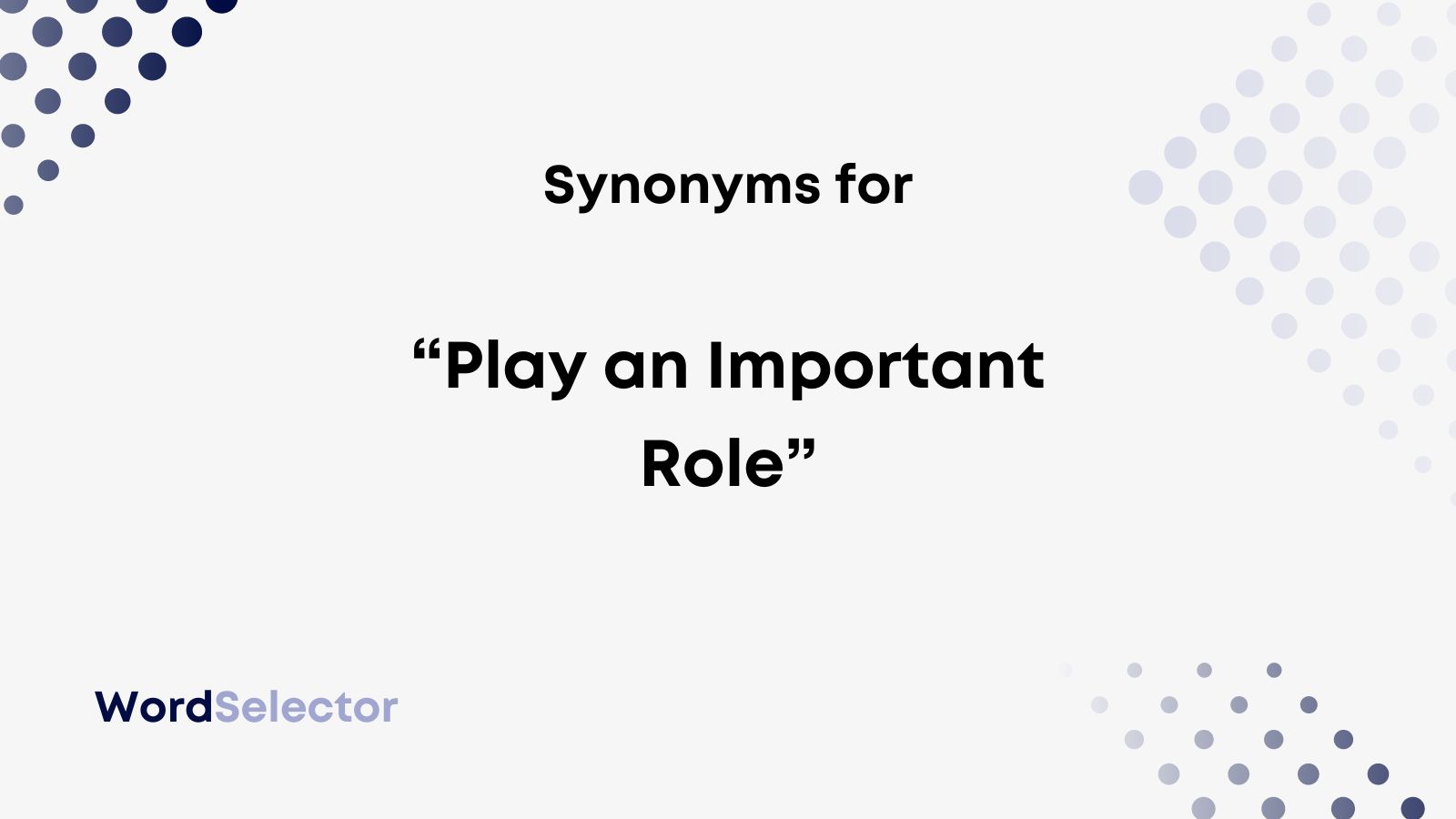
Why Soft Skills Play an Important Role in Career Success
In today’s rapidly evolving professional landscape, technical skills, while undeniably valuable, are no longer the sole determinant of career success. Soft skills, often underestimated, play an important role in distinguishing exceptional performers from the merely competent. These interpersonal attributes, including communication, teamwork, problem-solving, and adaptability, are becoming increasingly crucial for navigating the complexities of the modern workplace. This article delves into why soft skills play an important role in professional advancement and organizational effectiveness.
The Evolving Nature of the Workplace
The traditional hierarchical structures of businesses are giving way to more collaborative and agile environments. Projects are increasingly cross-functional, requiring individuals to work effectively with diverse teams. Automation and artificial intelligence are transforming job roles, automating routine tasks and emphasizing the need for skills that cannot be easily replicated by machines. These skills, predominantly soft skills, involve critical thinking, creativity, and emotional intelligence.
Defining Soft Skills and Their Significance
Soft skills are personal attributes that enable individuals to interact effectively and harmoniously with others. They encompass a broad range of qualities, including:
- Communication: The ability to convey information clearly, concisely, and persuasively, both verbally and in writing.
- Teamwork: The capacity to collaborate effectively with others, contributing to a shared goal.
- Problem-Solving: The aptitude to identify, analyze, and resolve complex issues.
- Adaptability: The willingness to embrace change and adjust to new situations.
- Leadership: The skill to motivate, guide, and inspire others.
- Time Management: The ability to prioritize tasks, manage deadlines, and work efficiently.
- Emotional Intelligence: The capacity to understand and manage one’s own emotions, as well as the emotions of others.
- Critical Thinking: The ability to analyze information objectively and form reasoned judgments.
These skills play an important part in fostering positive relationships, resolving conflicts, and driving innovation within organizations.
Communication: The Cornerstone of Collaboration
Effective communication is paramount in any professional setting. It ensures that information is accurately conveyed, misunderstandings are minimized, and teams are aligned towards common objectives. Strong communication skills play an important role in building trust, fostering collaboration, and creating a positive work environment. This involves active listening, clear articulation, and the ability to adapt communication styles to suit different audiences. Whether it’s presenting ideas to senior management, collaborating with team members, or interacting with clients, the ability to communicate effectively is a critical asset.
Teamwork: Synergy and Shared Success
Most projects today are collaborative endeavors, requiring individuals to work together effectively to achieve shared goals. Teamwork involves contributing ideas, supporting colleagues, and resolving conflicts constructively. Individuals who excel at teamwork play an important role in creating a cohesive and productive work environment. They understand the importance of shared responsibility, mutual respect, and open communication. Strong teamwork skills enable teams to leverage diverse perspectives, overcome challenges, and achieve greater success.
Problem-Solving: Navigating Challenges with Agility
In a dynamic business environment, challenges are inevitable. The ability to identify, analyze, and resolve complex problems is a highly valued skill. Problem-solving involves critical thinking, creativity, and a systematic approach to finding solutions. Individuals with strong problem-solving skills play an important role in identifying potential issues, developing innovative solutions, and implementing effective strategies. They are able to think outside the box, consider different perspectives, and make informed decisions under pressure. [See also: Creative Problem Solving Techniques]
Adaptability: Embracing Change and Uncertainty
The business landscape is constantly evolving, driven by technological advancements, market shifts, and changing customer expectations. Adaptability is the ability to embrace change, adjust to new situations, and learn new skills quickly. Individuals who are adaptable play an important role in helping organizations navigate uncertainty and remain competitive. They are open to new ideas, willing to experiment, and resilient in the face of challenges. Adaptability is not simply about tolerating change; it’s about actively seeking opportunities for growth and improvement.
Leadership: Inspiring and Guiding Others
Leadership is not limited to those in formal management positions. It’s about the ability to inspire, motivate, and guide others towards a common goal. Effective leaders possess strong communication skills, empathy, and the ability to build trust. They play an important role in creating a positive work environment, fostering collaboration, and empowering their teams to achieve their full potential. Leadership involves setting clear expectations, providing constructive feedback, and recognizing and rewarding achievements. [See also: Qualities of a Good Leader]
Emotional Intelligence: Understanding and Managing Emotions
Emotional intelligence (EQ) is the ability to understand and manage one’s own emotions, as well as the emotions of others. Individuals with high EQ are able to build strong relationships, resolve conflicts effectively, and navigate difficult situations with grace and composure. Emotional intelligence play an important role in fostering empathy, building trust, and creating a positive and supportive work environment. It involves self-awareness, self-regulation, social awareness, and relationship management.
Time Management: Maximizing Productivity and Efficiency
Effective time management is crucial for maximizing productivity and achieving goals. It involves prioritizing tasks, managing deadlines, and working efficiently. Individuals with strong time management skills play an important role in ensuring that projects are completed on time and within budget. They are able to prioritize tasks effectively, delegate responsibilities appropriately, and avoid procrastination. Time management involves setting realistic goals, creating a schedule, and minimizing distractions.
Critical Thinking: Analyzing Information Objectively
Critical thinking is the ability to analyze information objectively and form reasoned judgments. It involves questioning assumptions, evaluating evidence, and considering different perspectives. Individuals with strong critical thinking skills play an important role in making informed decisions, solving complex problems, and identifying opportunities for improvement. They are able to think independently, challenge the status quo, and develop innovative solutions.
How to Develop and Enhance Soft Skills
While some individuals may possess natural aptitudes for certain soft skills, these skills can be developed and enhanced through practice, training, and self-awareness. Here are some strategies for improving your soft skills:
- Seek Feedback: Ask colleagues, supervisors, and mentors for feedback on your communication, teamwork, and other interpersonal skills.
- Take Courses and Workshops: Enroll in courses or workshops that focus on developing specific soft skills, such as communication, leadership, or emotional intelligence.
- Practice Active Listening: Pay attention to what others are saying, ask clarifying questions, and summarize their points to ensure understanding.
- Observe Role Models: Identify individuals who demonstrate strong soft skills and observe their behaviors and interactions.
- Reflect on Your Experiences: Take time to reflect on your interactions with others and identify areas where you can improve.
- Embrace Challenges: Seek out opportunities to work on projects that require you to use your soft skills, such as leading a team or presenting to a large audience.
- Read Books and Articles: Expand your knowledge of soft skills by reading books and articles on topics such as communication, leadership, and emotional intelligence.
The Long-Term Benefits of Investing in Soft Skills
Investing in the development of soft skills yields significant long-term benefits, both for individuals and organizations. Individuals with strong soft skills are more likely to:
- Advance in their careers
- Earn higher salaries
- Build stronger relationships
- Experience greater job satisfaction
- Be more effective leaders
Organizations that prioritize the development of soft skills are more likely to:
- Attract and retain top talent
- Improve employee engagement
- Increase productivity
- Enhance customer satisfaction
- Drive innovation
Conclusion
In conclusion, while technical expertise remains essential, soft skills play an important and increasingly critical role in career success and organizational effectiveness. These interpersonal attributes enable individuals to navigate the complexities of the modern workplace, build strong relationships, and drive innovation. By investing in the development of soft skills, individuals can unlock their full potential and organizations can create a more engaged, productive, and successful workforce. The ability to communicate effectively, collaborate seamlessly, solve problems creatively, and adapt readily to change are not merely desirable traits; they are essential competencies for thriving in today’s competitive and rapidly evolving global economy. These skills play an important part in distinguishing leaders and innovators from those simply going through the motions. As the world continues to change, the importance of soft skills will only continue to grow.

